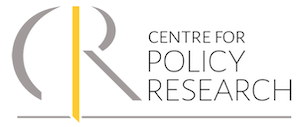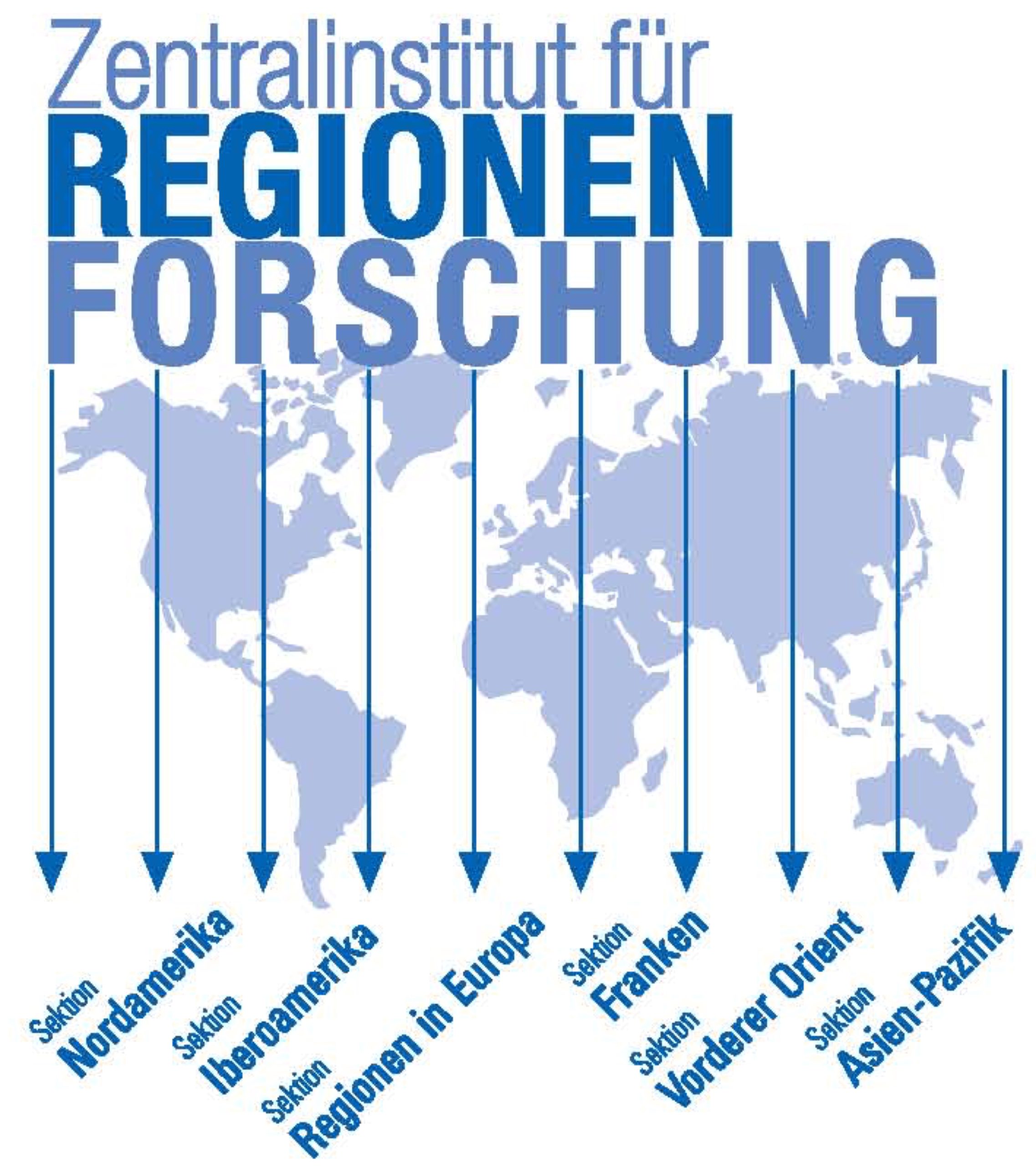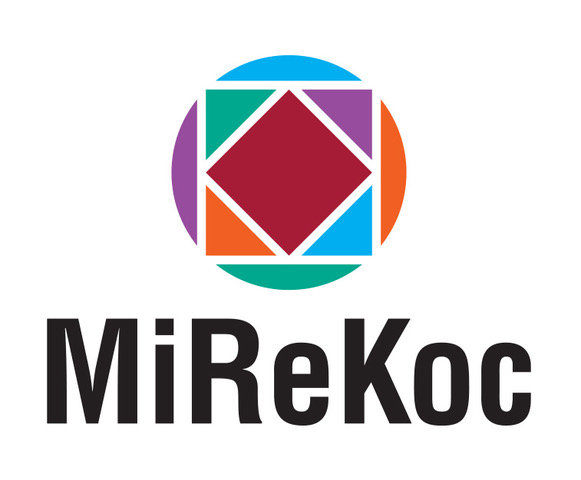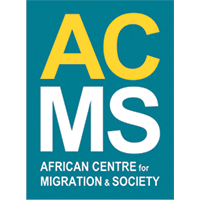The first meeting of the Digital Citizenship in Cities Initiative was held at WZB Berlin on November 10, 2019. The meeting brought together world-leading academics in the fields of philosophy, political theory, law, and computer science, to discuss the notion of digital citizenship in cities.
An increasing number of European cities suffer from low civic participation, absence of social solidarity, and apathy of citizens in creating solutions to common problems. A recent report of the City of London is alarming—it indicates a ‘withdraw from collective life,’ a lack of ‘cross-community contact,’ and a low level of active citizenship. The report finds this reality to be ‘one of the key challenges facing cities across the Western world’ and urges to find ways to promote active citizenship, a sense of responsibility, and a community life.

In response to the challenges, cities turn to digital solutions, trying to incentivise active citizenship by a set of municipal benefits. Can technologies bring about participatory regimes? How to decide on policy areas, by which institutions, according to which criteria, and based on which data sources? How should the city disseminate the idea, register participants, record data, and measure deeds? How effective are such incentives in cultivating habits and morals, and what can be the societal side effects? And what can be the justifications to incentives ‘good citizenship’ by rewards, rather than morality and education? The workshop investigated these and other questions.

The workshop had three goals. First, empirical, prominent European cities shared their experiences with ‘digital citizenship’. We learned about different municipal initiatives for solving local problems by using novel technological solutions. Second, normative, leading academics discussed challenges and opportunities related to such initiatives, as well as analyzed their justification, design, and effect. Third, policy, we discussed notions of ‘good deeds’ in return to ‘municipal benefits’ and considered the idea of putting together a consortium of European cities participating in such initiative. The discussion was organized according to the ‘World Café’ format, followed by an interactive scenario and prototype building session led by Somatic Artist Susan Ploetz.

















